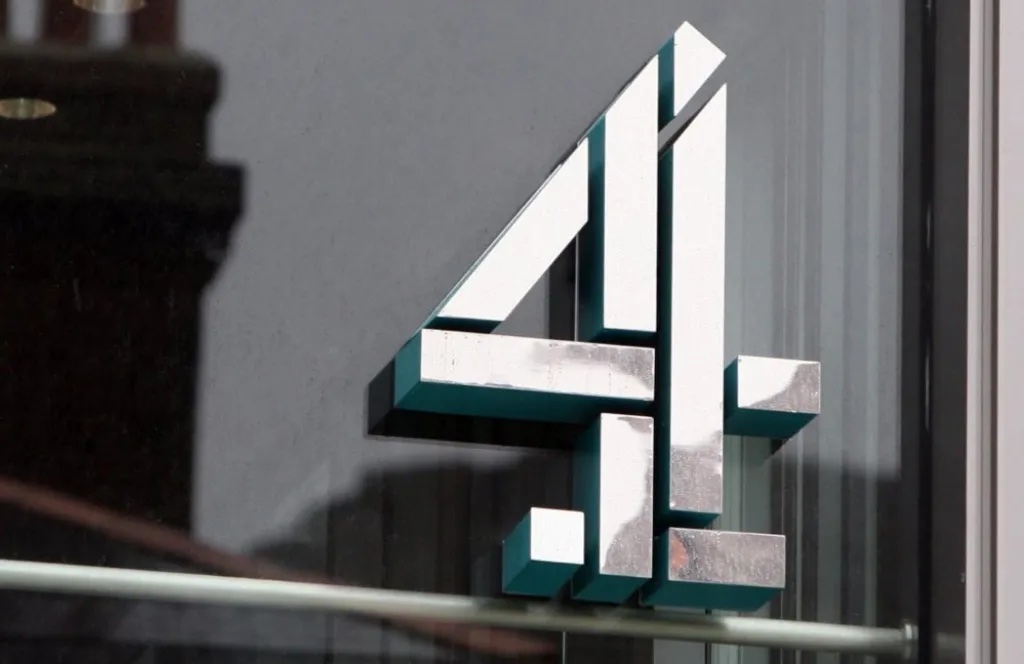Channel 4 confirms 200 jobs set to go due to tough economic climate – BBC

|
Getting your Trinity Audio player ready...
|
SOURCE: Yasmin Rufo and Emma Saunders | BBC
Channel 4 has announced plans to cut 200 jobs as it seeks a leaner organisation with a focus on digital services.
Along with the closure of about 40 unfilled posts, that equates to a loss of 18% of the current workforce.
Chief executive Alex Mahon said: “I am very sad that some of our excellent colleagues will lose their jobs.
“But the reality of the rapid downshift in the economy and advertising market demand we must change structurally.”
She said in a statement that the new strategy meant Channel 4 would remain “a trusted, disruptive and distinctive brand”.
The British broadcaster wants digital revenues – which accounted for 27% of its total last year – to pass 50% by 2030.

In November, Ms Mahon said the TV industry was reeling from the worst advertising downturn since 2008 and expected the company to make losses in each of the next two years.
Channel 4 is publicly owned but not publicly funded, relying heavily on advertising revenues.
The wave of cuts is likely to put pressure on London-based staff, after the broadcaster reiterated its commitment to moving 600 roles out of the city by 2025.
Its current headquarters on Horseferry Road will be closed, and a new office space found in the centre of the capital.
The channel, which launched in 1982, has already cut its £713m programming budget, and shows including SAS: Who Dares Wins, The Big Narstie Show and Steph’s Packed Lunch have been axed.
It said on Monday that there would be a “ruthless focus on cut-through, with fewer, stronger new titles that generate more scale and impact”.
After plans to privatise Channel 4 were dropped by the government last year, the broadcaster has been exploring ways to transition into digital broadcasting in order to compete with online streaming services.
It said its digital-first strategy would mean investment in programming that drives growth, such as drama, high-end documentaries, comedy and reality, while targeting younger viewers on platforms such as YouTube.
This article was originally published on BBC – navigate to the original article here.

